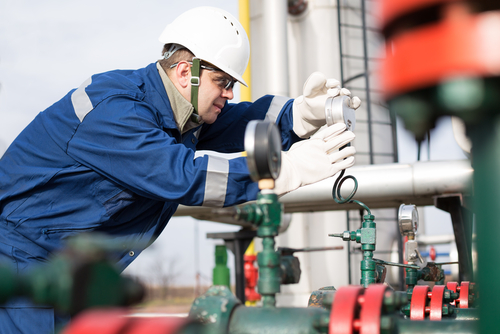
Gov. Tom Wolf recently vetoed bipartisan legislation that was designed to help strengthen the future of Pennsylvania’s 160-year-old conventional oil and natural gas industry as well as its workforce.
Senate Bill 790 would have enacted the Conventional Oil and Gas Wells Act to govern and regulate the conventional, shallow-well oil and gas industry and end unfair industry regulations set by the state’s Department of Environmental Protection (DEP) under Act 13 of 2012, which are supposed to address more impactful unconventional natural gas drilling activities.
“There are major differences between unconventional deep-well drilling and conventional, shallow-well drilling…differences that this administration continues to ignore because it doesn’t fit their narrative,” state Rep. Martin Causer (R-Turtlepoint) said on Nov. 25. “The industry is struggling immensely, and a significant cause of that struggle is the lack of understanding and purposeful misrepresentation of how our conventional oil and gas operations work in a safe and environmentally conscious manner.”
The legislation passed the House in May with a vote of 109-93. The Senate passed the bill in October 2019 with a vote of 26-23. Following the return of the House amended version, the Senate passed the legislation in November with a vote of 29-19.
In his veto statement, Wolf noted that he did not believe the legislation addressed the distinct challenges within the conventional oil and natural gas industry in a manner that would adequately protect the environment or public health and safety. He also stated that the bill would “contribute to a legacy of environmental degradation.”
Senate Bill 790 was developed in large part by members of the Penn Grade Crude Development Advisory Council. The council, of which Causer is a member, was created under Act 52 of 2016 to advise and assist DEP with regulatory changes impacting the conventional industry.
“Nearly all of Pennsylvania’s conventional oil and gas wells are owned and operated by sole proprietors or small businesses,” Causer said. “These men and women live, work and raise their children in the same communities where they are drilling for oil and gas. They are capable of and committed to producing this valuable energy source while also ensuring clean air and water for themselves and future generations.”